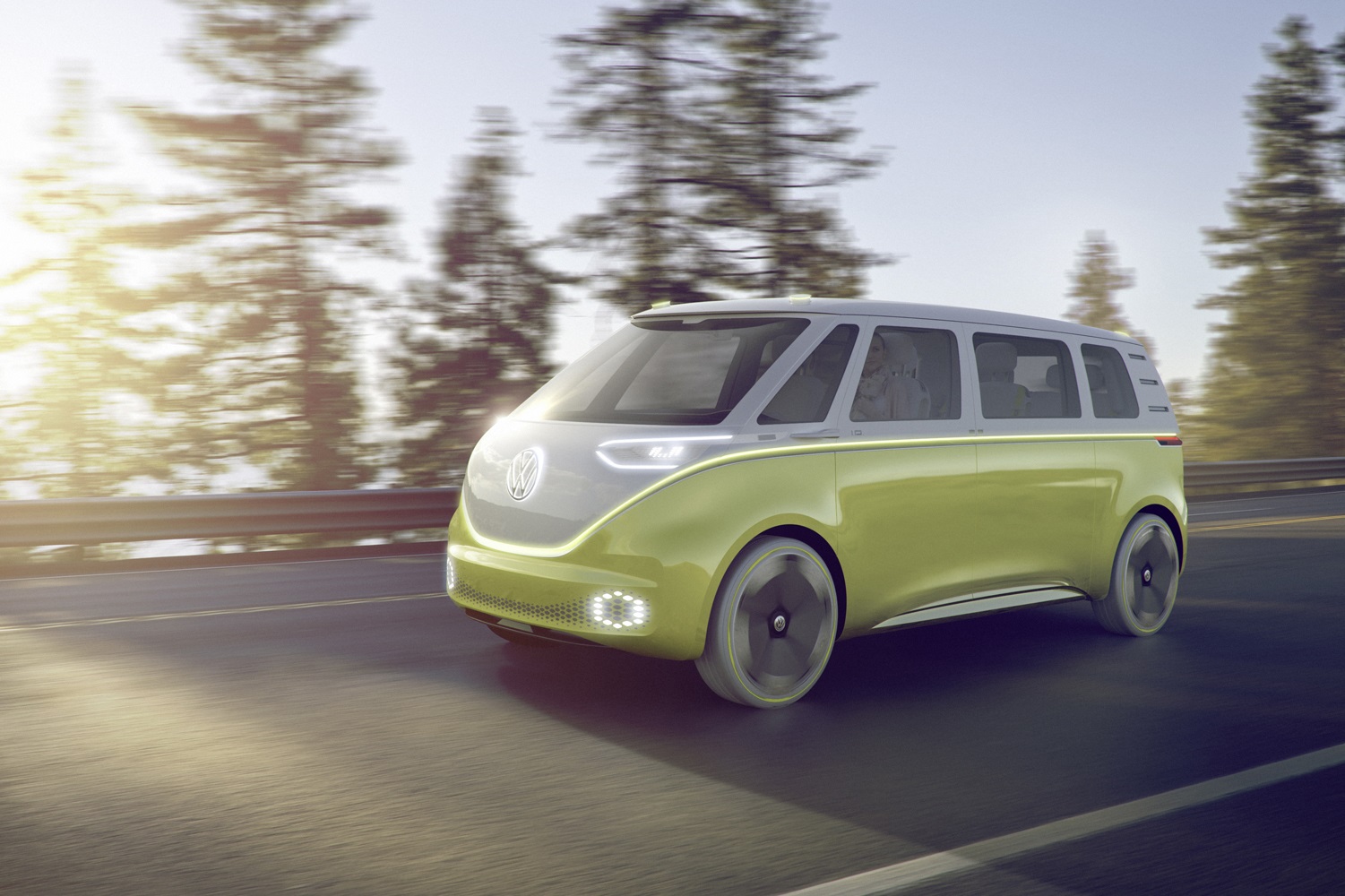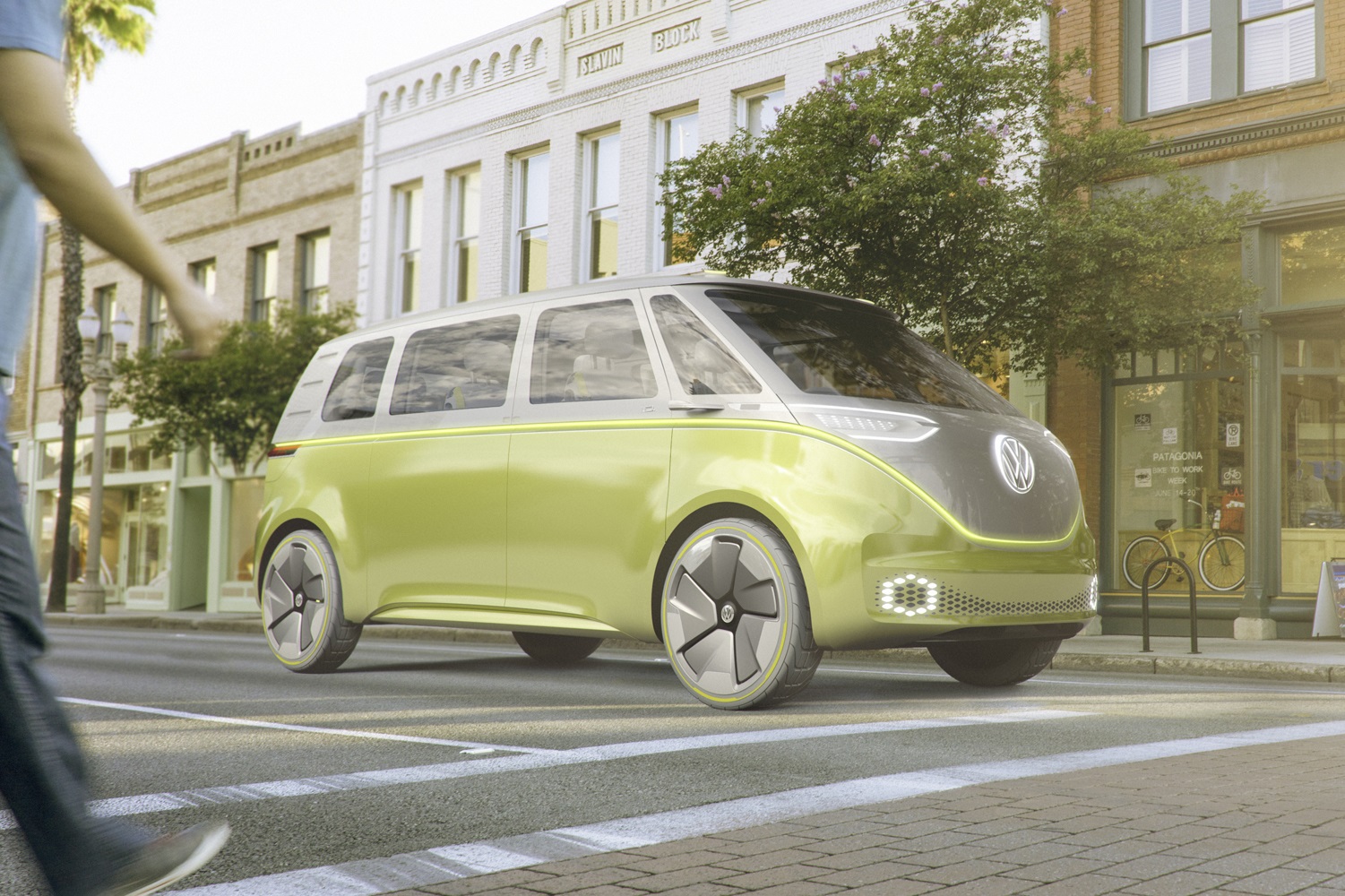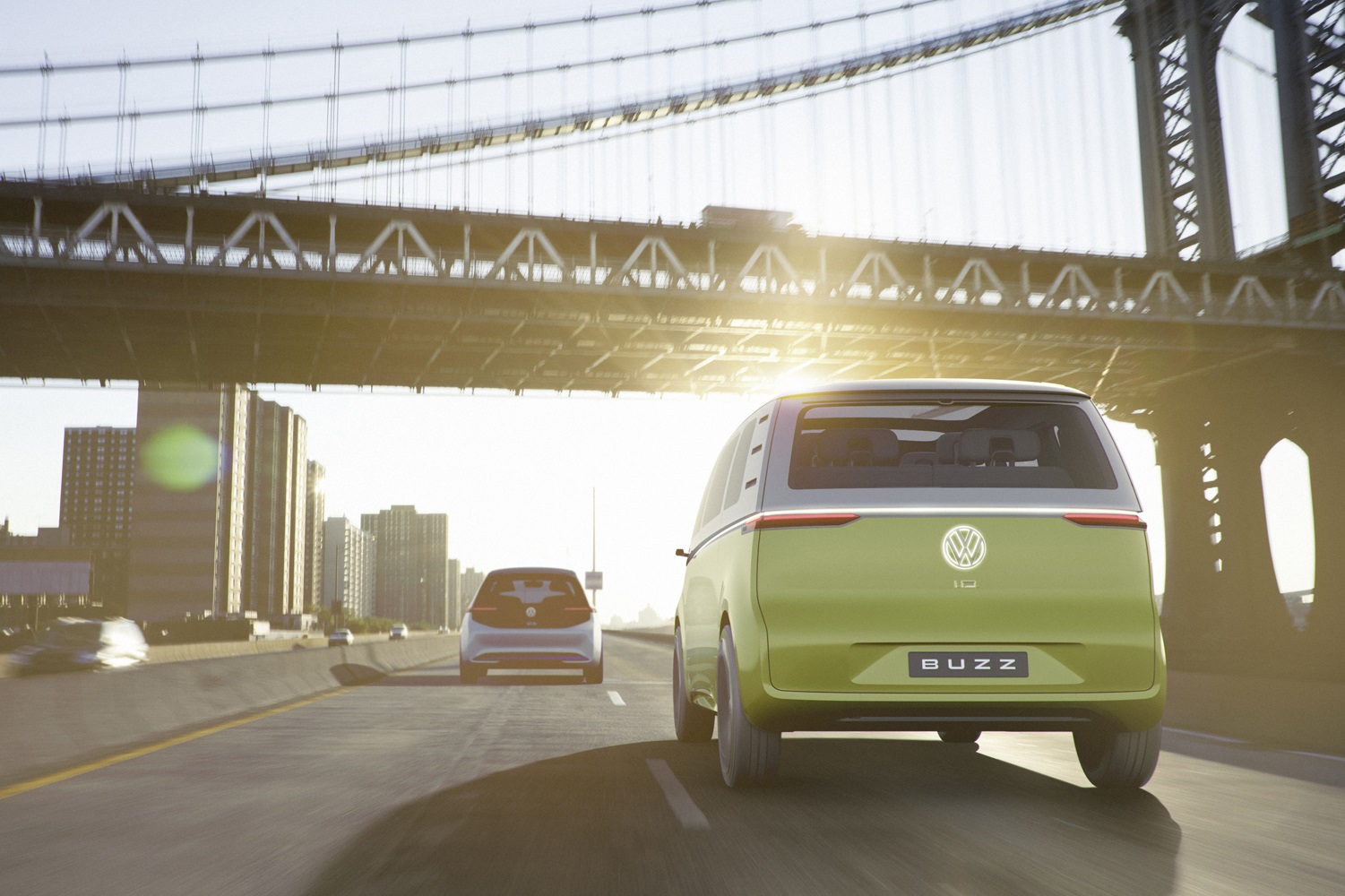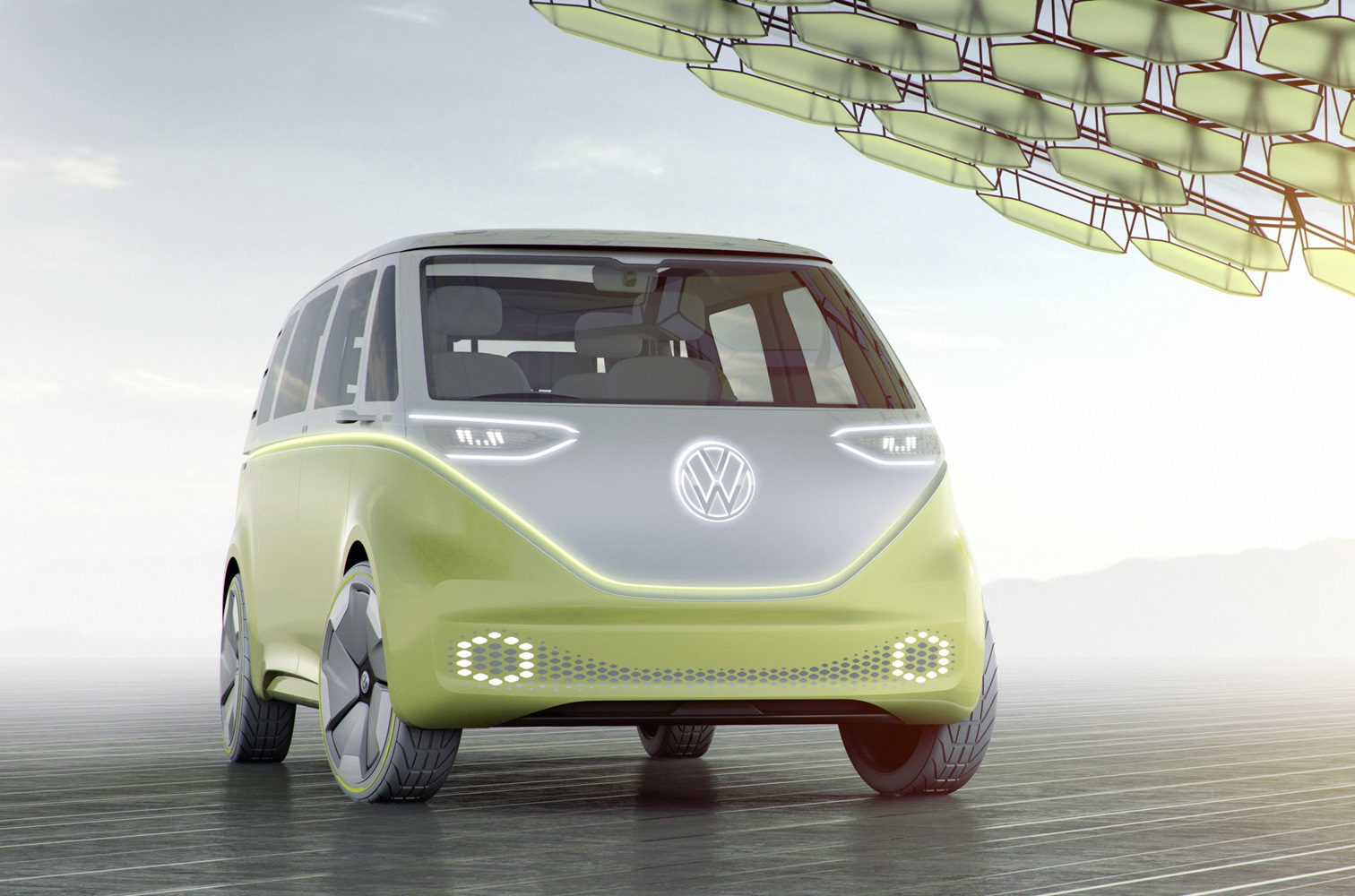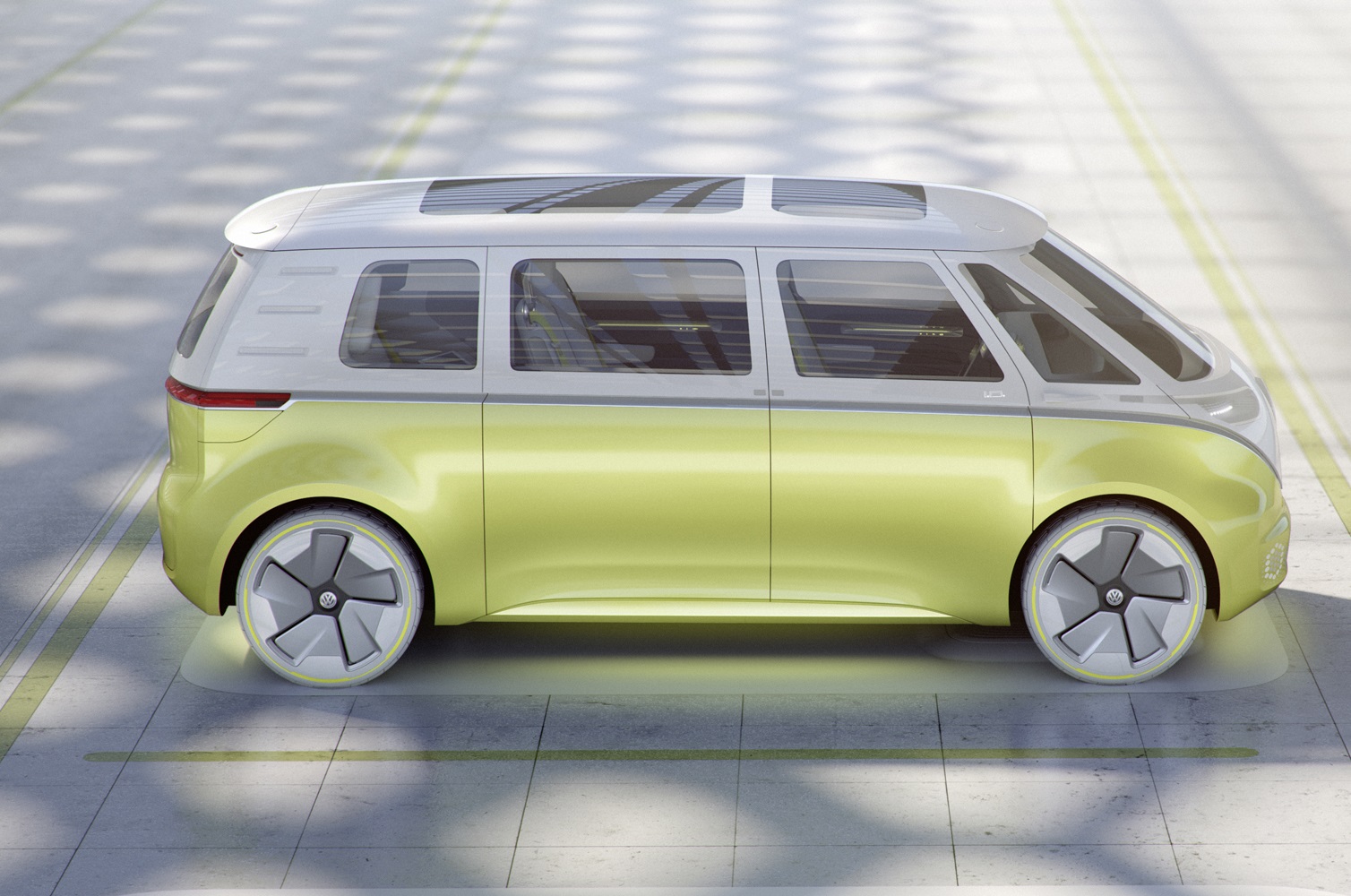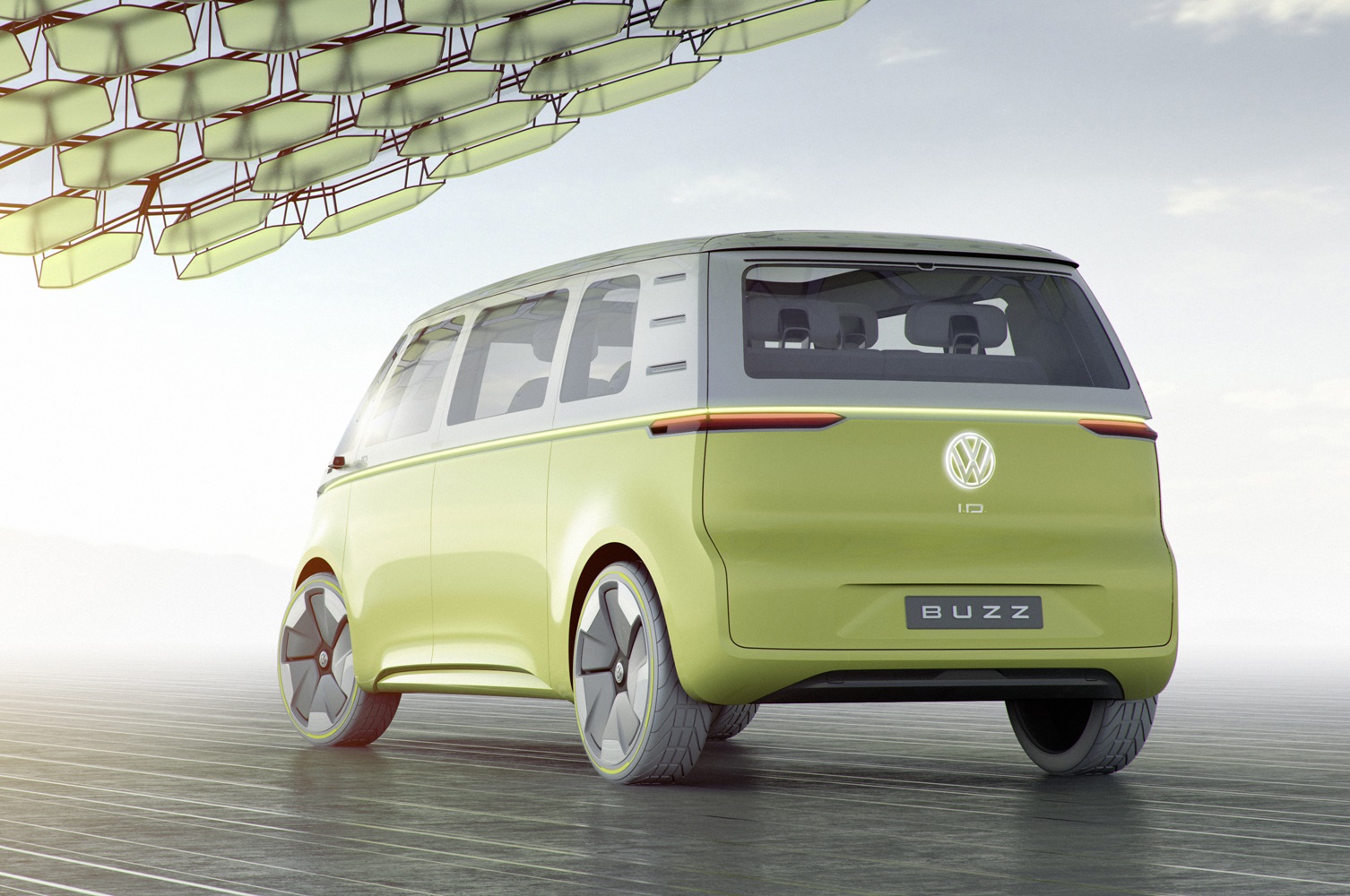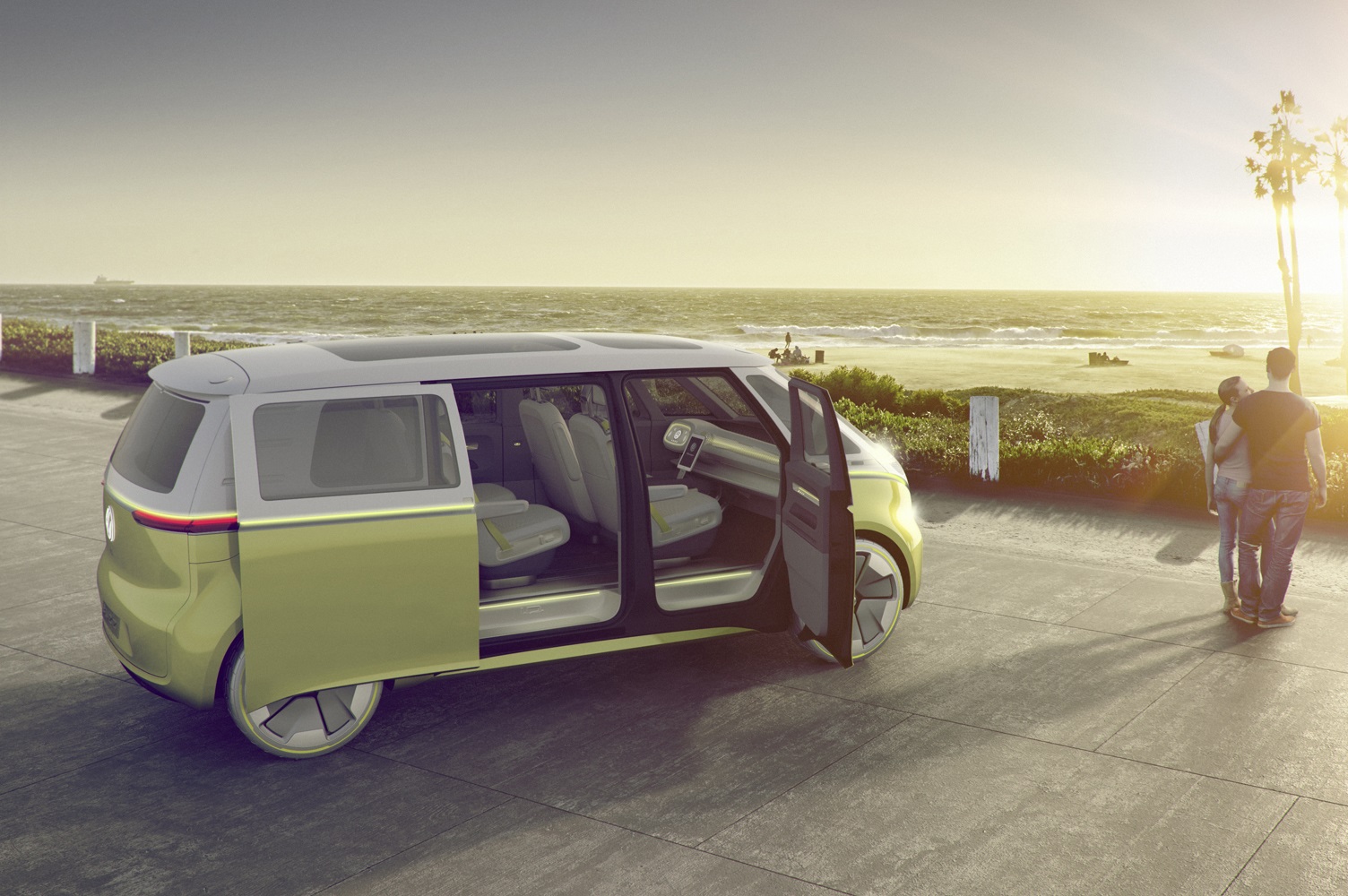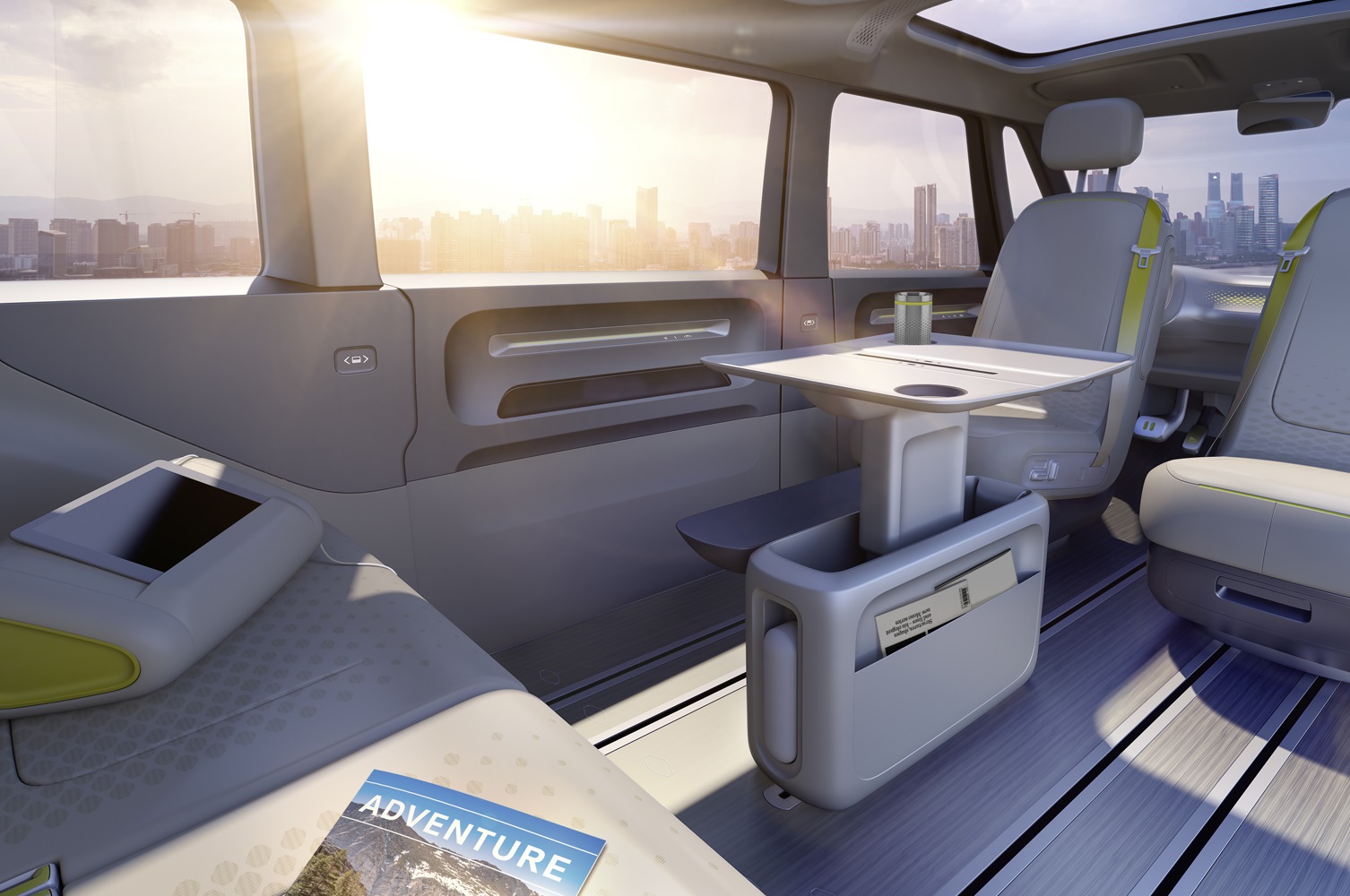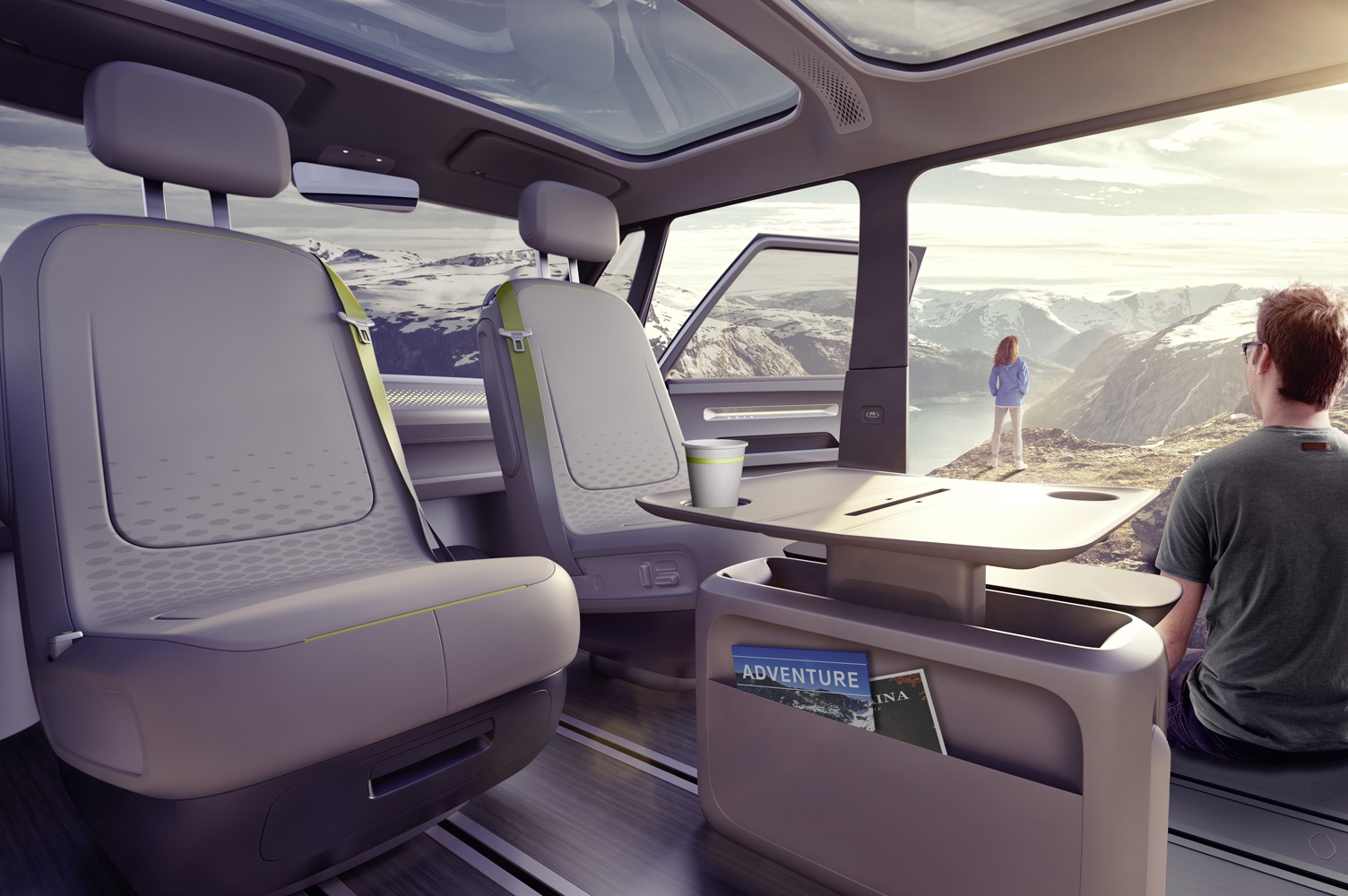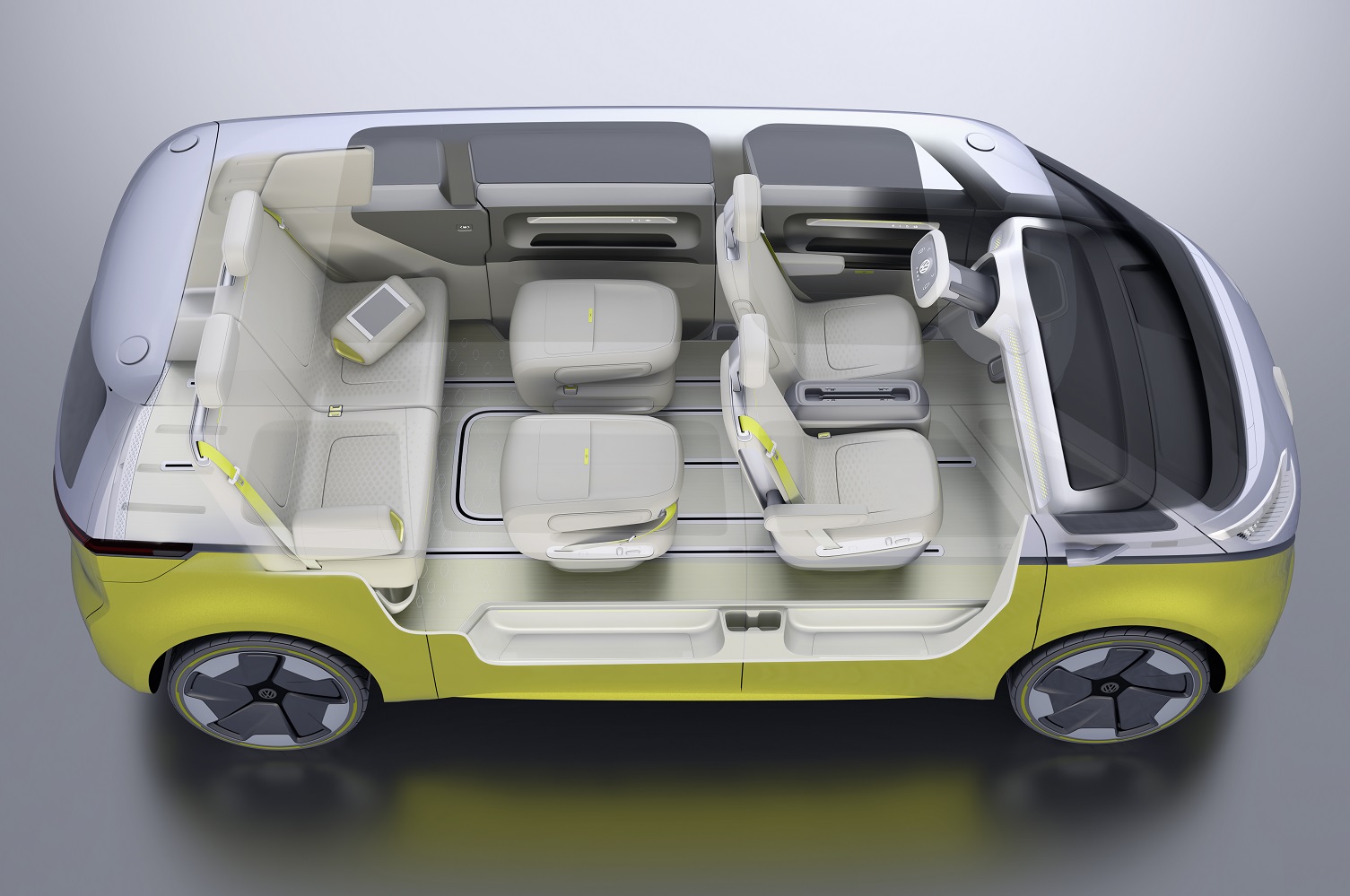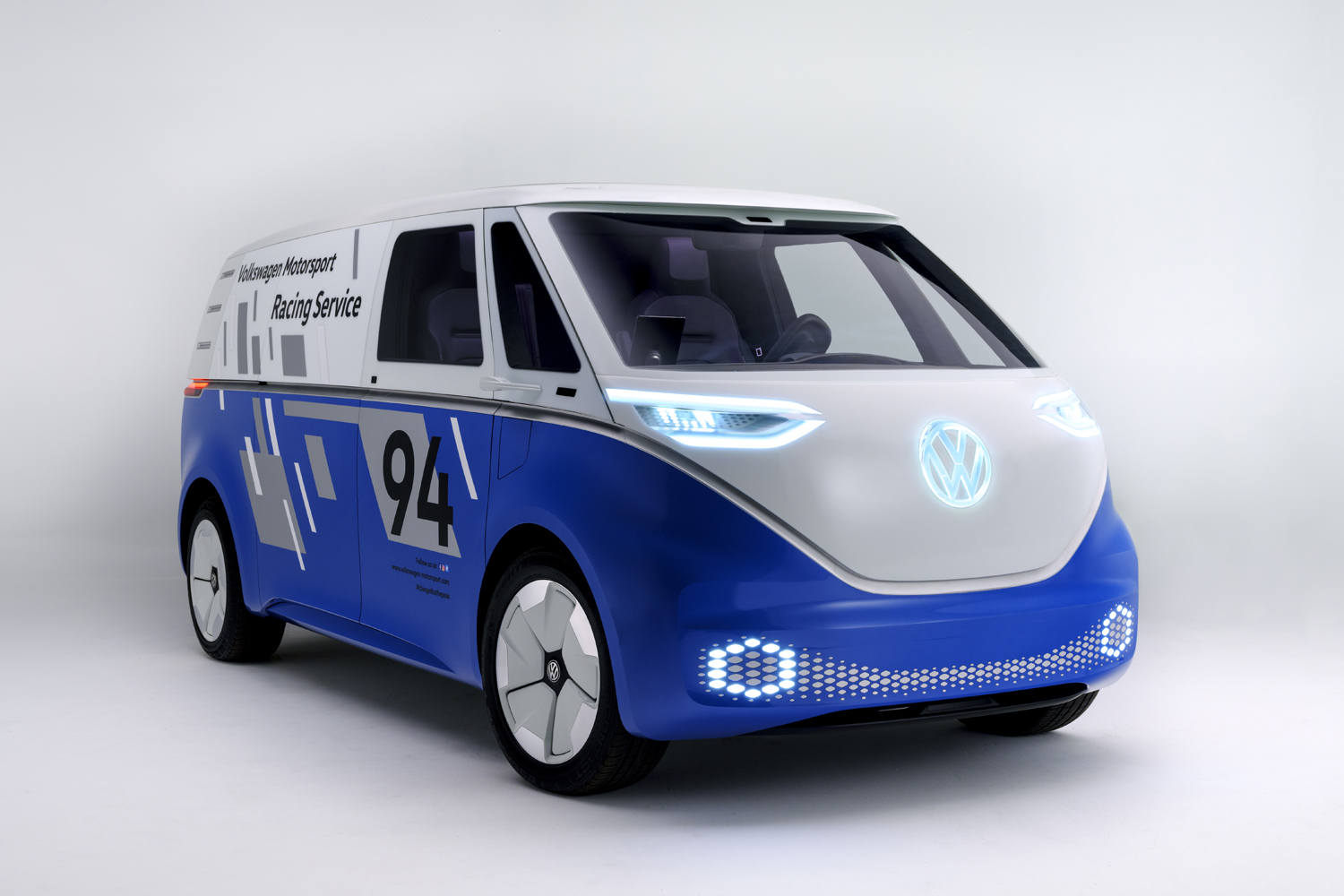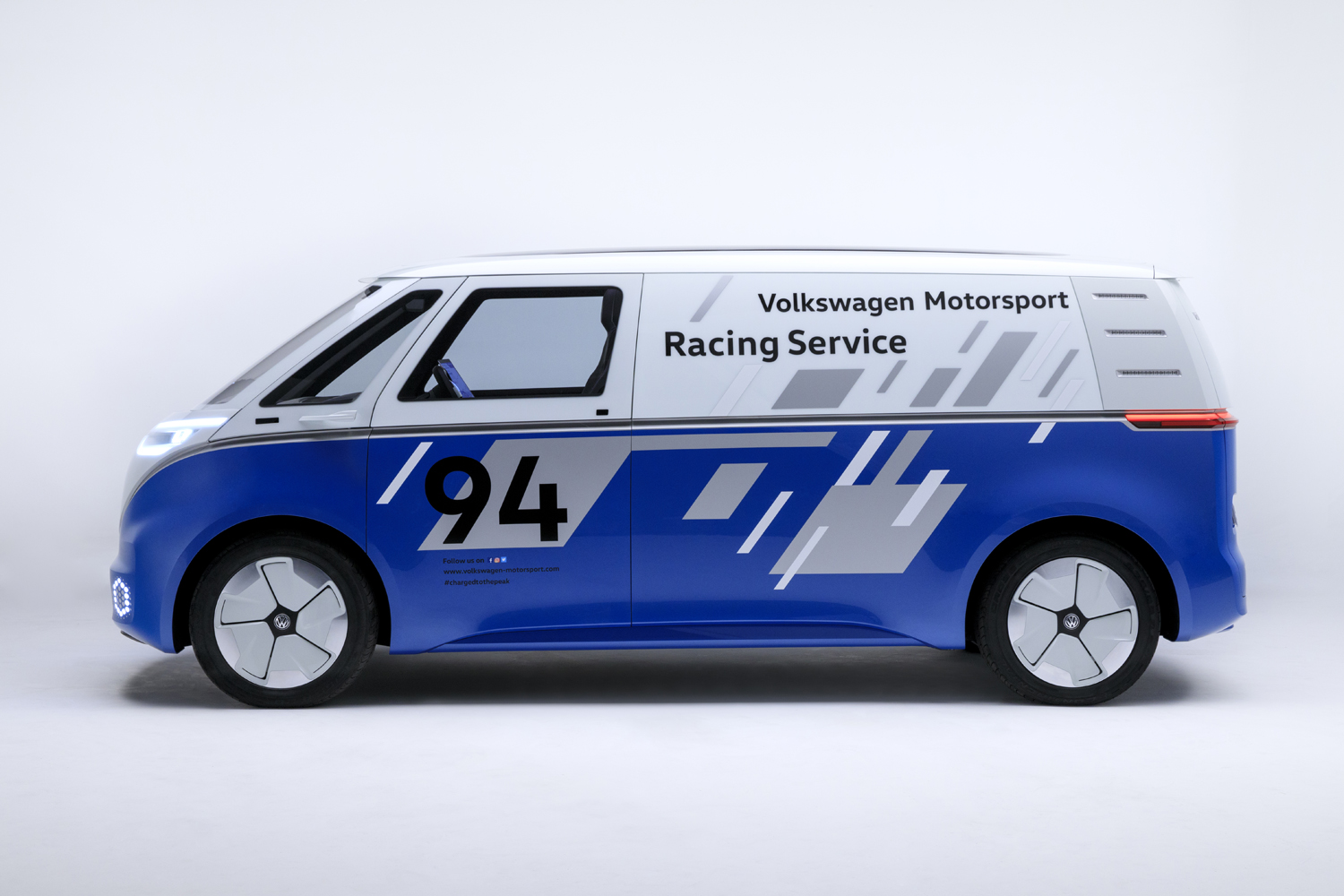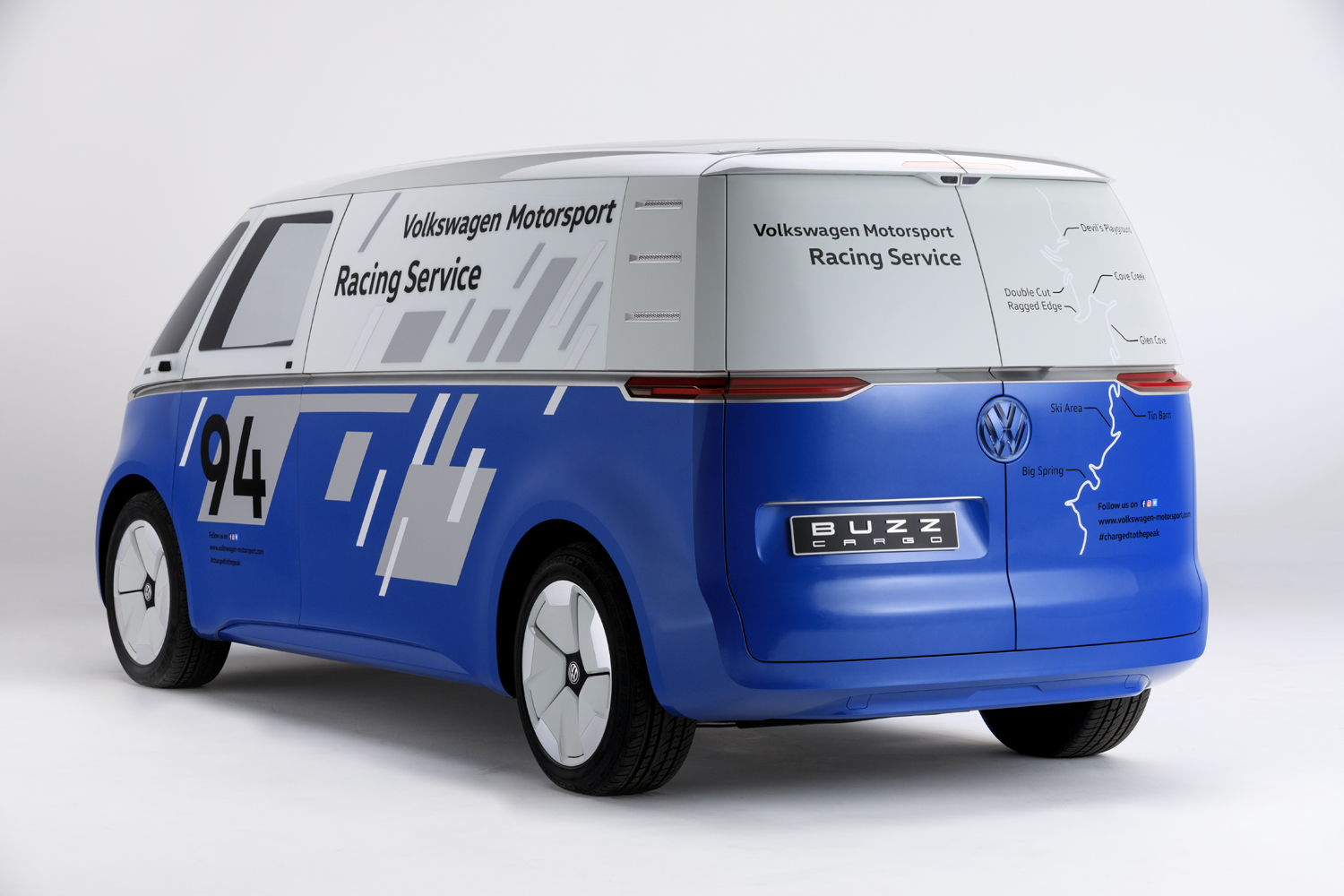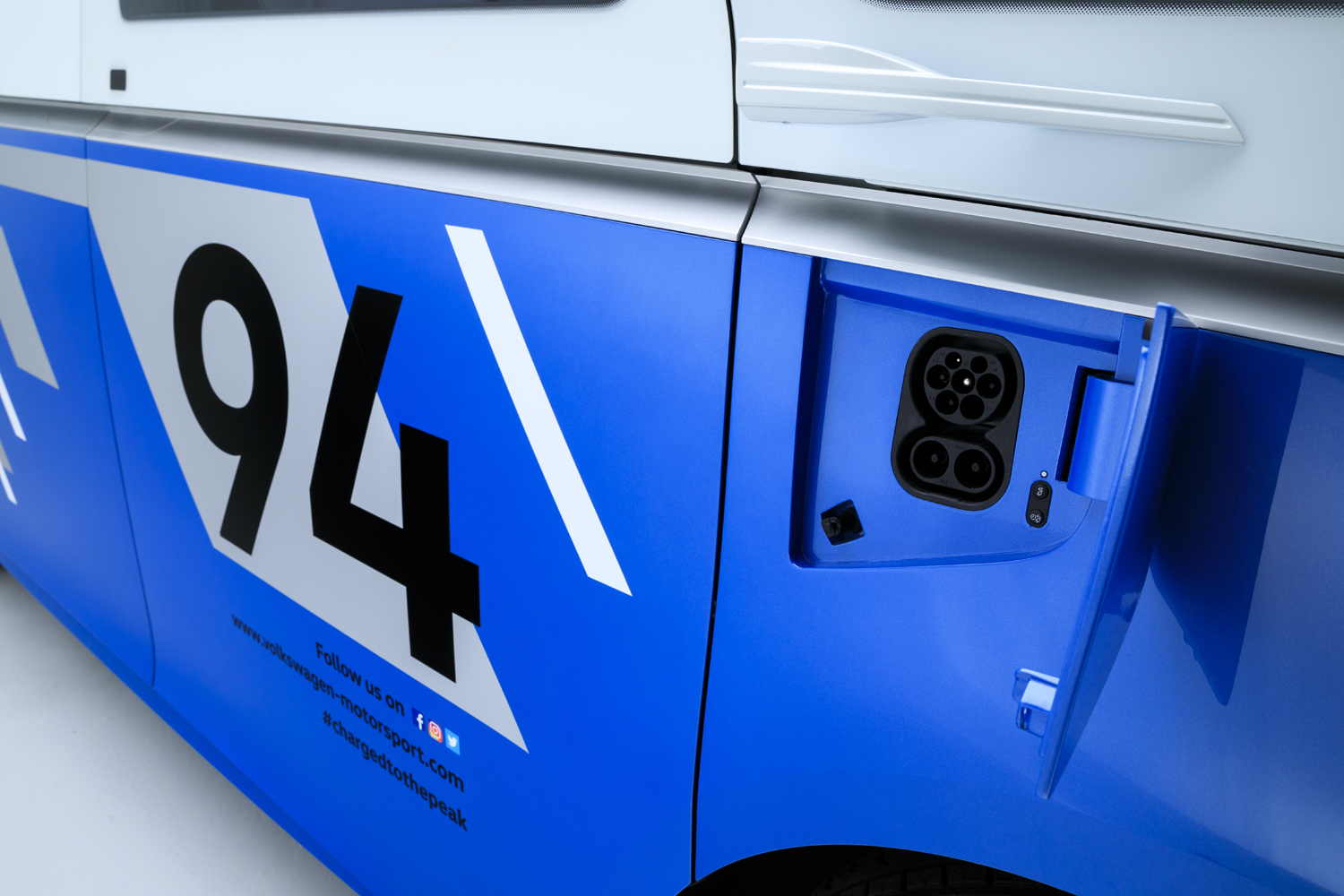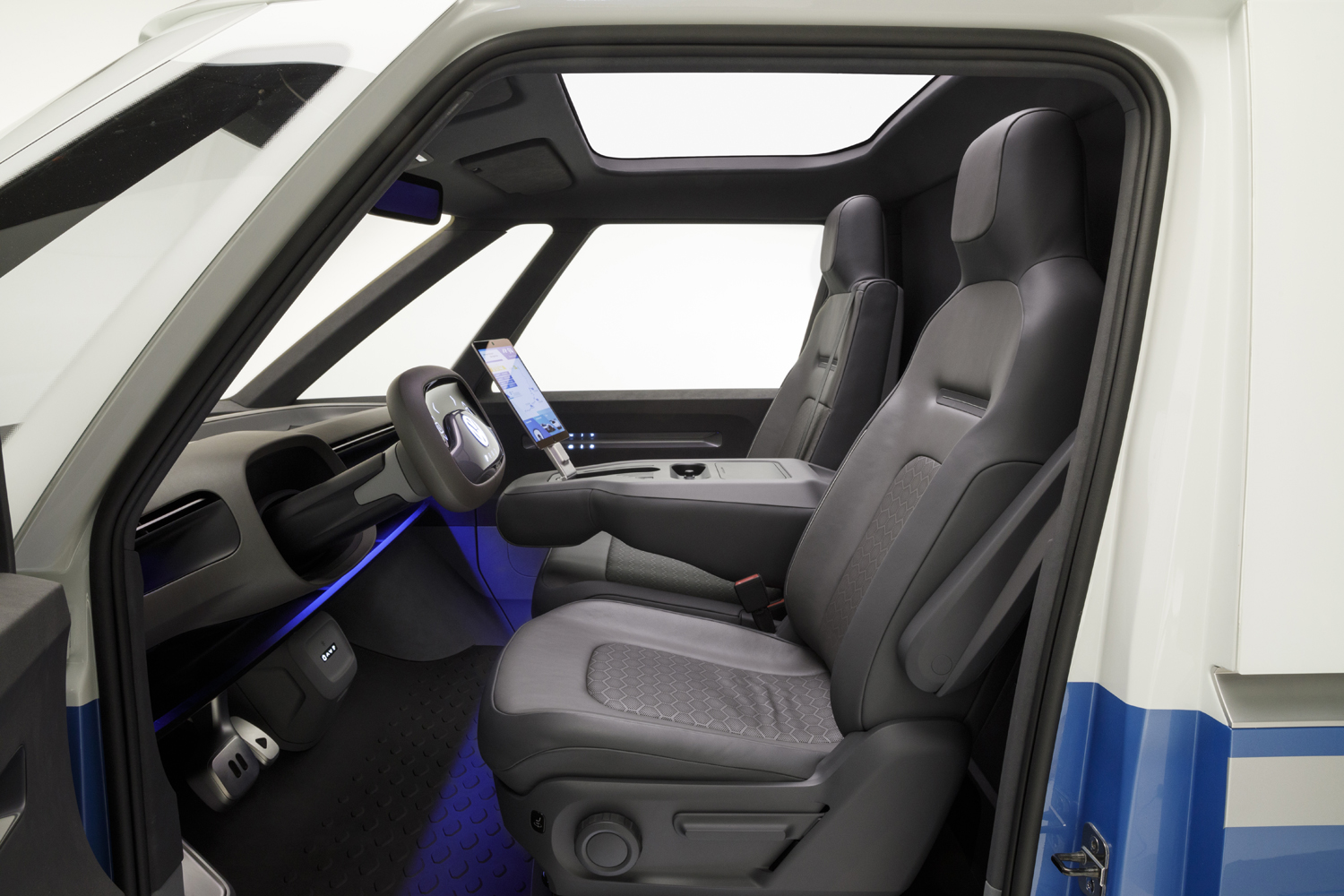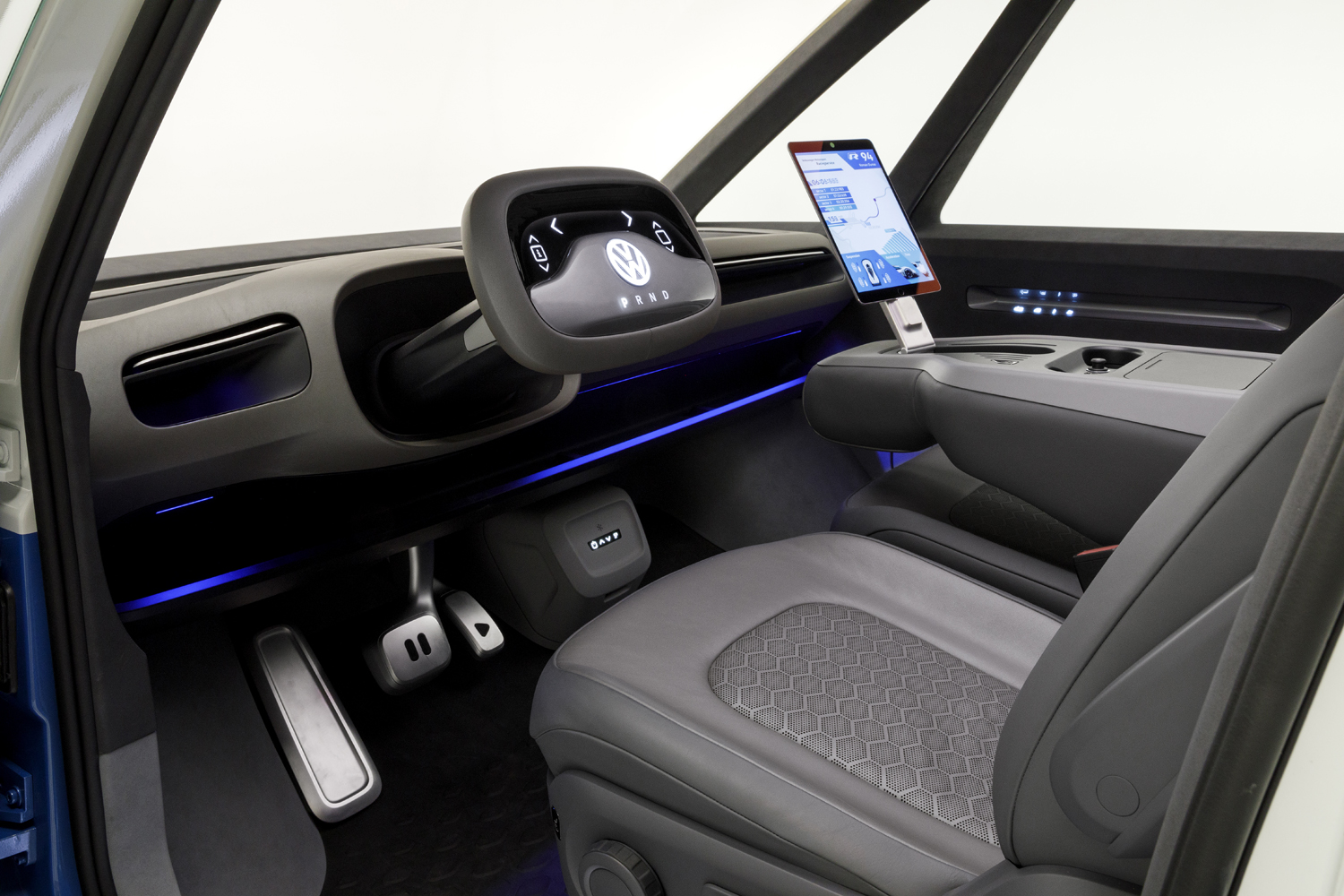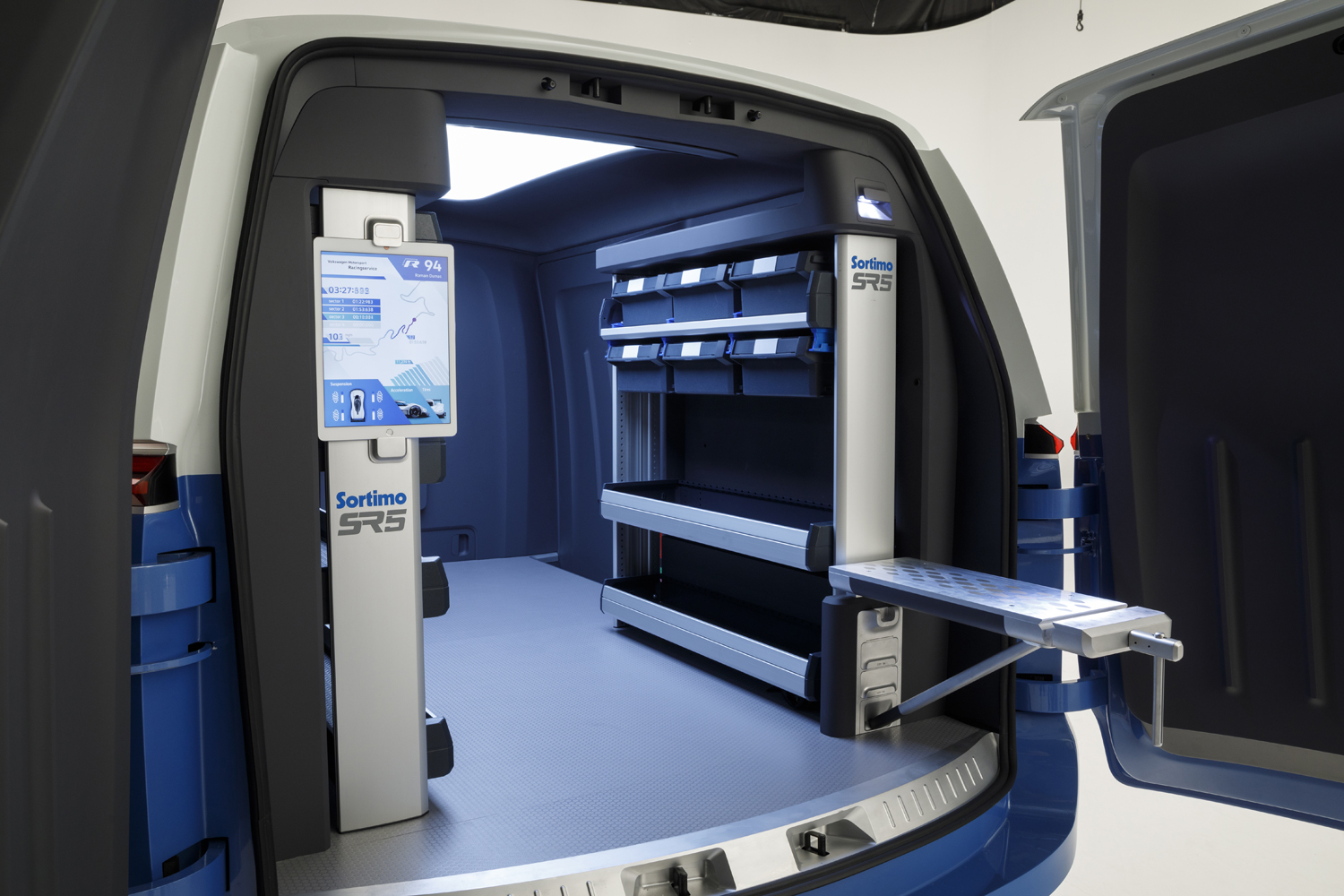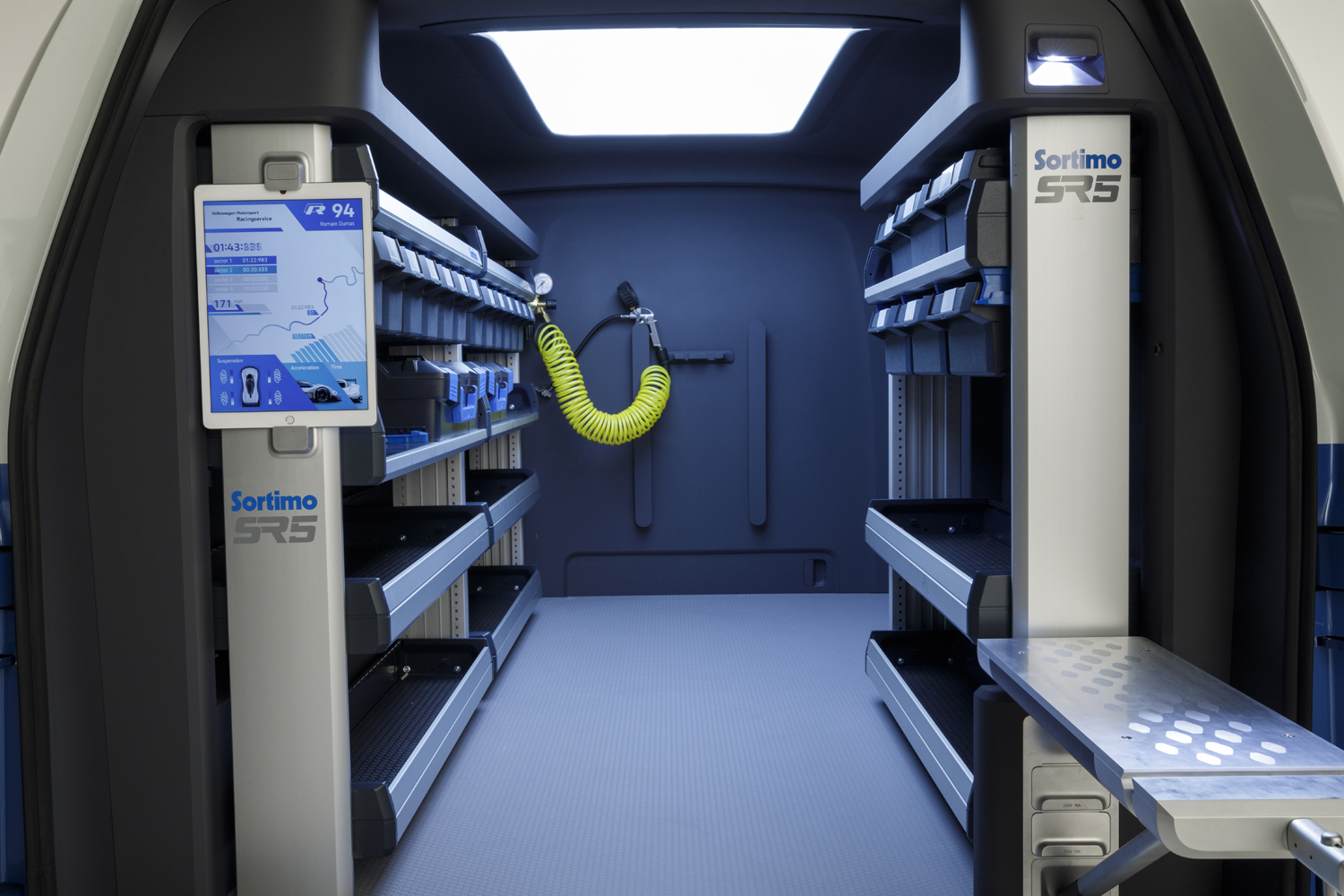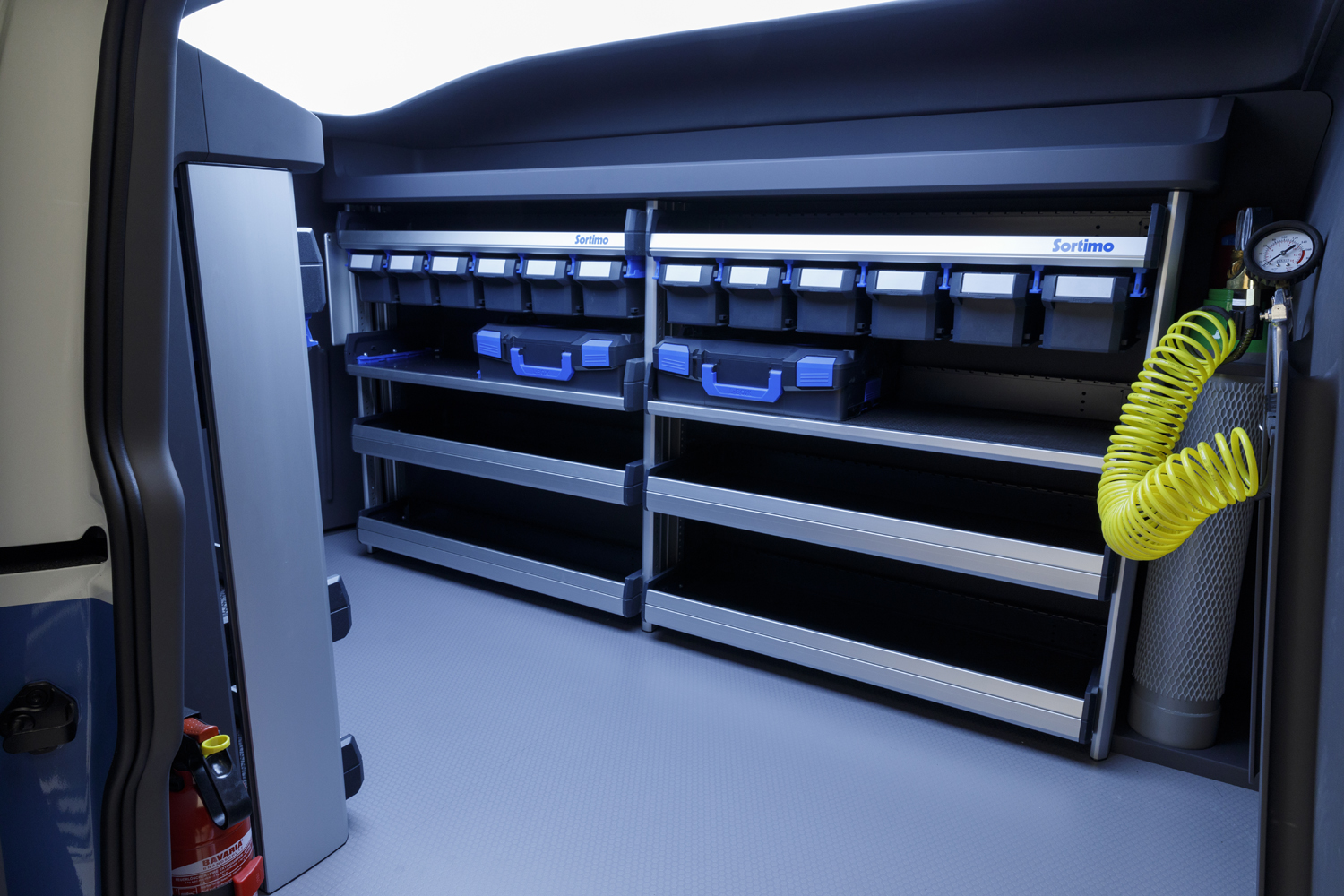Technology fans who aren’t remotely interested in sports now have an excellent reason to attend the 2022 FIFA World Cup taking place in Doha, Qatar. Volkswagen announced it teamed up with local authorities to prepare the deployment of a fleet of autonomous cars during the event, and they’ll be based on one of the coolest concept cars we’ve seen this decade.
The German automaker agreed to work with the Qatar Investment Authority (QIA) to develop the physical and digital infrastructure required to put autonomous vans on Doha’s roads. While details about the project haven’t been finalized yet, it helps that Qatar is a dry, sunny place where driverless technology won’t have to navigate icy, snowy, or foggy roads.
In all, 35 shuttles will receive Volkswagen’s level four driving system, which corresponds to technology that lets the driver take both hands off the wheel and both eyes off the road when the right conditions are met. The shuttles will be electric because they’ll be related to the retro-styled ID Buzz concept introduced at the 2017 Detroit Auto Show as a modern-day interpretation of the emblematic, rear-engined Bus. The van is scheduled to enter regular production in 2022 as both a people and a cargo hauler, so Volkswagen’s timeframe suggests the shuttles will be based on the showroom-bound model.
We don’t know how much of the ID Buzz’s design will make the leap from concept to production yet, but the ID.3 unveiled earlier in 2019 for the European market suggests it won’t change much. The sheet metal will hide the modular MEB platform developed specifically to underpin electric cars. It’s also found under the aforementioned ID.3, it will underpin a crossover tentatively called ID.4, and it’s the foundation the head-turning ID Buggy concept Digital Trends drove in 2019 was built on.
The shuttles will carry up to four passengers on a semi-fixed route in the city’s ritzy West Bay area. Scania, one of the Volkswagen Group’s truck divisions, will build 10 autonomous buses to carry more passengers. All of the software required to run both services smoothly and reliably will be developed in-house, too.
Volkswagen will begin testing the prototypes on closed courses in 2020, and it will start putting them through their paces in real-world conditions the following year. The first passenger rides are scheduled for 2022. Even if you hate soccer, and had no idea there was a World Cup coming up, you now have a great reason to at least stream it online. As for the ID Buzz, production is scheduled to begin in 2022, so it will likely arrive in showrooms during the 2023 model year.
